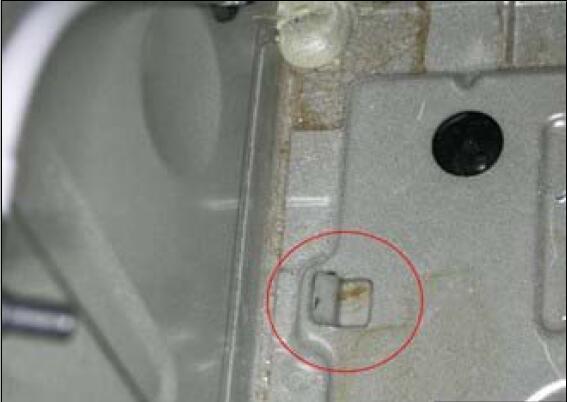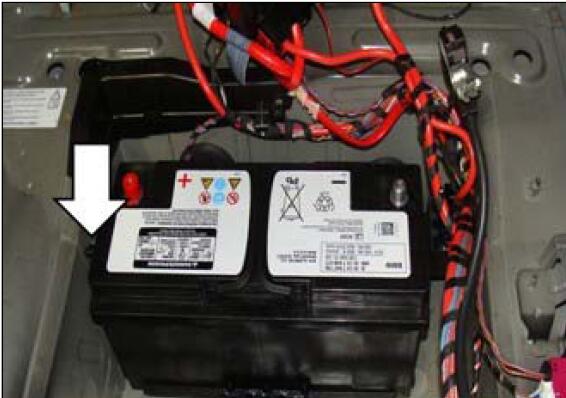For BMW F01 F02,after the vehicle is started, a Check Control message “High Battery Discharge Warning” is displayed in the Central Information Display (CID).
Various power supply and power management faults are stored, including the following:
CAS – “930769 Deactivation of terminal 15: upper startability limit reached”
CAS – “93076A Deactivation of terminal 15: upper startability limit reached, but deactivation preventer or legal load/consumer active”
CAS – “93076B Deactivation of terminal 30B: upper startability limit reached”
CAS–“93076C Deactivation of terminal 30B: upper startability limit reached, but deactivation preventer or legal load/consumer active”
JBE– “8020E8 Reset or deactivation of terminal 30F”
DME–“213901 Power management: reduction or deactivation of individual electrical loads/consumers”
CAUSE
The battery has become heavily discharged or is faulty. The following reasons can contribute to a prematurely failing battery:
Unfavorable driving profile – excessive short trips
Excessive terminal 30B after run – normal coolant pump or electric fan operation
Extremely cold temperatures
Vehicle faults – closed circuit draw, sleep mode preventer or frequent wakeups
PROCEDURE
1.Perform energy diagnosis and follow the recommendations of the test plan
2.Test the battery:
a.For vehicles up to September 2010, use the BMW battery tester.
b.For vehicles after September 2010, use the advance onboard diagnostics with ISTA.
3.If the results of the battery tests indicate that the battery needs replacement, continue to the next step. If the results of the battery test state to recharge the battery, ensure that you are charging the battery sufficiently before testing. This can take from 1 to 6 hours, depending on the size and discharge state of the battery. As a rule of thumb, if the battery was heavily discharged quickly, it should be charged quickly. If the battery was discharged over a long period, it should be recharged slowly. Refer to the operating manual that came with your battery charger on proper settings.
4.Replace the originally equipped 90 AH AGM battery with a 105 AH AGM battery. Refer to ISTA Repair Manual “61 00 … Notes for disconnecting and connecting battery.”
Important Note: Before mounting the battery in place, bend the metal tab down flush with the battery tray.
In some cases, a longer battery vent tube must also be installed in order to facilitate the larger battery.

Before mounting the battery in place,make sure the battery vent hose is connected as indicated by the arrow.
The short end of the elbow should be connected to the battery to gain some extra clearance.
Record the matrix and supplier code from the label of the battery for entry in the next step.
The original battery hold-down clamp can be used with the new battery.

5.Register the new battery using ISTA. Select “Enter battery replacement:higher/lower capacity.”
6.Submit a PuMA case with the subject “B61 03 13 105 AH battery” to get a modified Vehicle Order (VO).
The modified VO will have A090 removed and A105 added.
7.Once the VO is downloaded from PuMA, start an ISTA/P programming session and import the new VO into the vehicle.
8.Select “Complete Coding” and program the entire vehicle with the current version of ISTA/P.
9.Note that ISTA/P will automatically reprogram and code all programmable control modules that do not have the latest software.
For information on programming and coding with ISTA/P, refer to CenterNet / Aftersales Portal / Service /Workshop Technology / Vehicle Programming.
10.Check the functionality of the vehicle and make sure the “Battery Discharge” CC message is not displayed.
Important note: All subsequent battery replacements on these vehicles will require installation of the 105 AH AGM Battery.